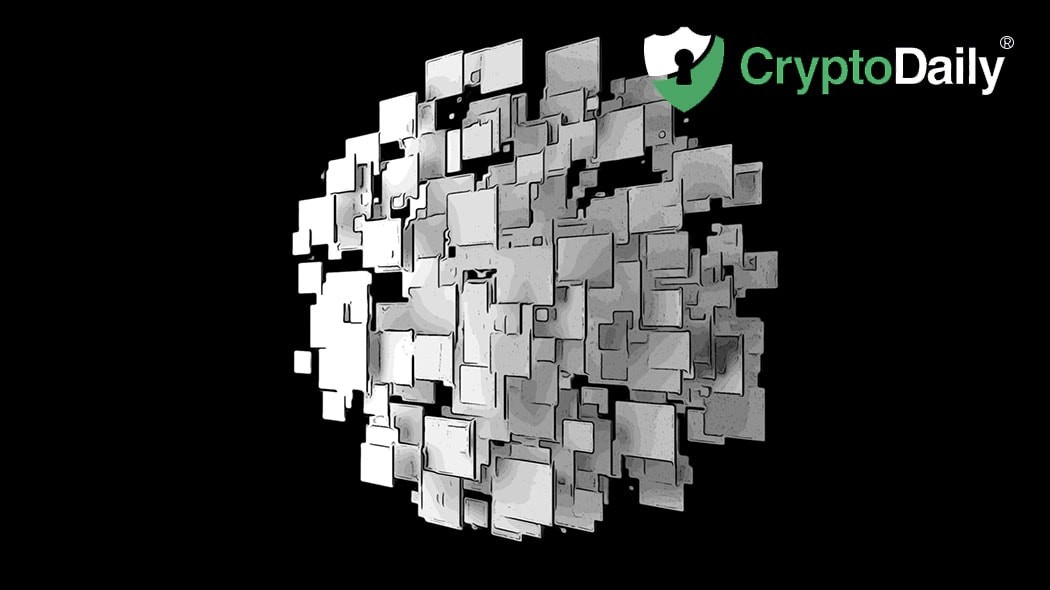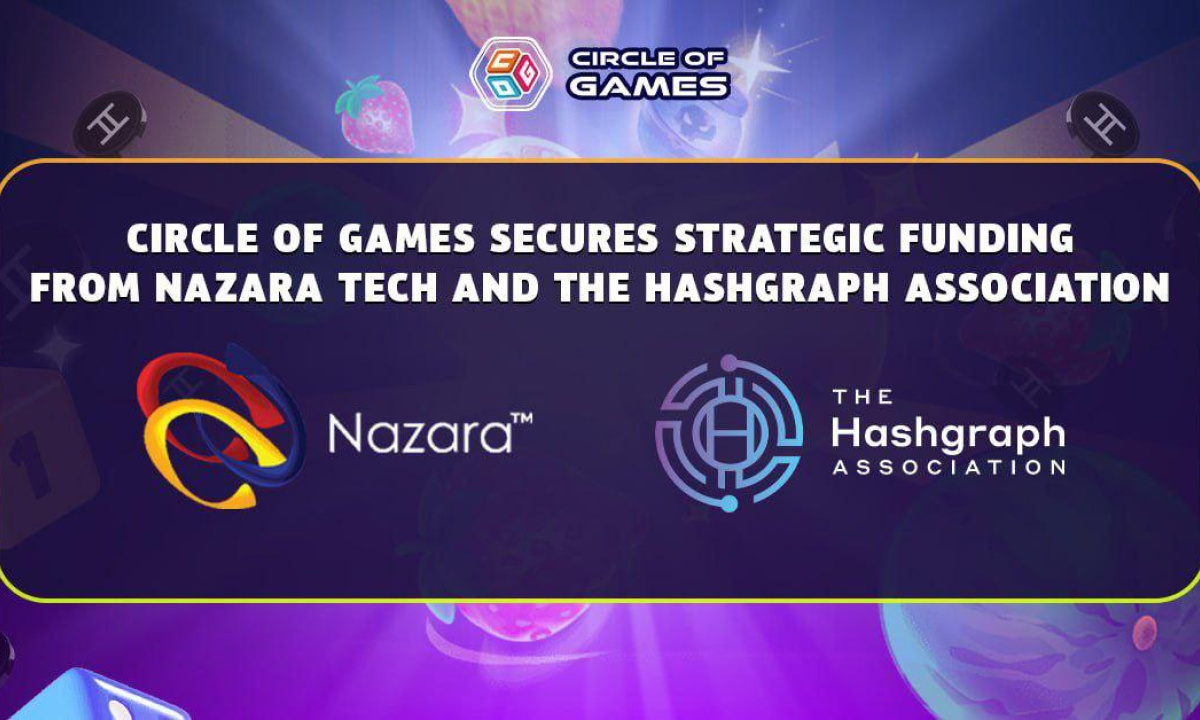In the near future, Monero and Zcash will find out if they can withstand the full pressure of the United States government. The Department of Homeland Security’s Small Business Innovation Research (SBIR) Program, which is comprised of the Countering Weapons of Mass Destruction Office and Science and Technology Directorate has issued a pre-solicitation announcement regarding a grant to crack Monero and Zcash’s privacy. The final solicitation should be posted on 19 December 2018. Effectively, hackers in the United States and the rest of the world will submit proposals on how they would compromise the anonymity of Monero and Zcash, and the best hacker of them all will be paid a significant sum of money and given all the resources they need to make it happen.
Bitcoin is only considered pseudo-anonymous, since all Bitcoin addresses and transactions are available on any block explorer like Blockchain.com. That being said, Bitcoin can be nearly completely anonymous if people use virtual private networks (VPNs) or the TOR network, to mask their IP address, and use a new Bitcoin address with every transaction. However, privacy coins like Monero and Zcash have taken anonymity a step further by integrating true anonymity directly into their code. This is important, since there are numerous blockchain forensics firms that can trace Bitcoin activity, and attach Bitcoin addresses to identities. The United States government is spending tens of millions of USD on blockchain forensics.
Monero (XMR) is the #1 privacy coin with a market cap of USD 917 million, while Zcash (ZEC) is #2 at USD 393 million, as of this writing on 5 December 2018. Monero uses ring signatures, ring confidential transactions, and stealth addresses to obfuscate the origin, destination, and amount of all transactions. Ring signatures mix transactions in with a group of other transactions, making it exponentially more difficult to establish a link between each subsequent transaction. The ring confidential transaction mechanism hides the amount transferred, and stealth addresses make it impossible for anyone but the sender and receiver to discover the destination address of a transaction.
Zcash utilizes zk-SNARKs zero-knowledge proofs which allows transactions to be verified without revealing the sender, receiver, or amount transferred. However, Zcash is designed to selectively reveal transaction data if the user chooses, via z-addresses and t-addresses. Z-addresses are private, and transactions between them appear on the blockchain, but all the transaction data is encrypted. Transactions between t-addresses have the same pseudo-anonymity of Bitcoin, with no encryption of transaction data. Users can shield their ZEC by sending it from a t-address to a z-address, or deshield it by sending it from a z-address to a t-address. Zcash was just added to Coinbase, because the transparency option makes it compliant with regulations.
Supposedly, transactions on the Monero blockchain cannot be linked to a real-world identity, at least at this point, but the United States government is looking to change that reality. Likewise, transactions done between z-addresses on the Zcash blockchain cannot be attached to an identity either, since all the data is encrypted.
The objective of the United States government is to “Design a product to support the implementation of blockchain-based forensics, data analysis, and information sharing” specifically for Monero and Zcash, but also for other cryptocurrencies. The government is compelled to trace and understand illegal cryptocurrency transactions, and the technology developed via this grant will be tailored for use by law enforcement.
There are 3 phases that the people applying for this grant must fulfill. In phase 1 blockchain analysis software must be created or modified to enable forensic analysis of Monero and Zcash. In phase 2 a prototype must be demonstrated, and specific cases will be investigated with and without external data, in order to verify that the newly developed forensics software works. In phase 3 the software will be tailored for use by the Department of Homeland Security, law enforcement, and private institutions like banks.
Unfortunately, if this software is successfully developed and the privacy of Monero or Zcash ends up getting compromised, it seems unlikely that the crypto space would become aware, at least for a long period of time. The only evidence of the existence of such software would become apparent in court documents after Monero and Zcash users who perform illegal activities begin to get arrested. That being said, it would be shocking if this project works and Monero’s anonymity actually gets compromised, even if the best hackers in the world are the ones developing this software for the government.
Investment Disclaimer








